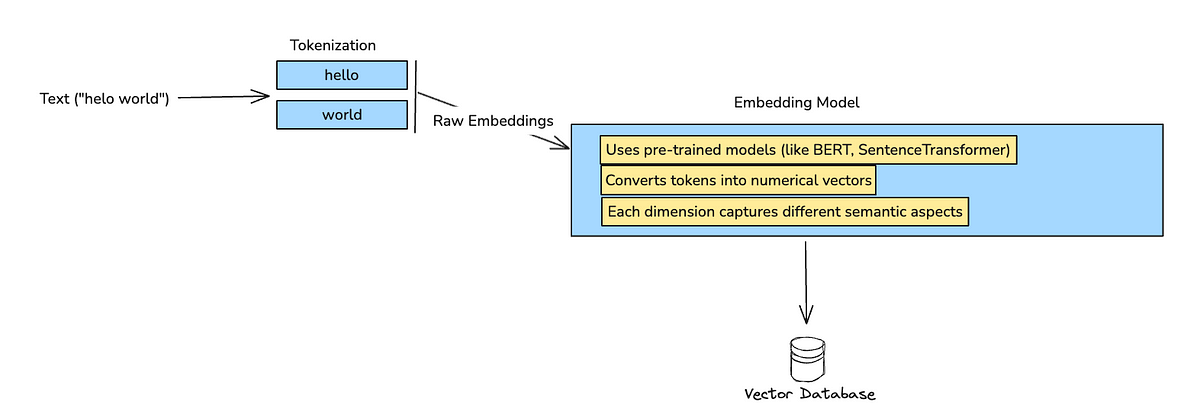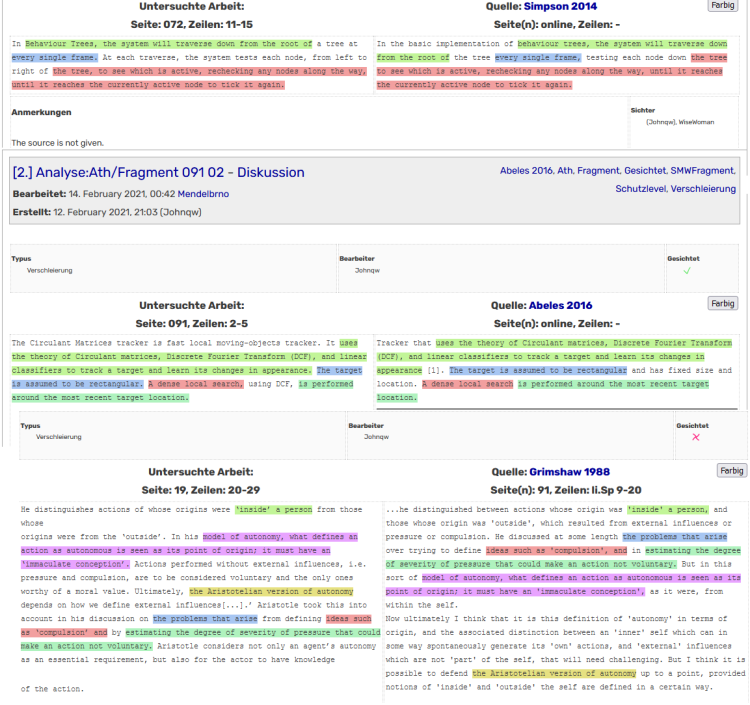i sensed anxiety and frustration at NeurIPS’24
last week at NeurIPS’24, one extremely salient thing was the anxiety and frustration felt and expressed by late-year PhD students and postdocs who were confused by the job market that looks and feels so much different from what they expected perhaps when they were applying for PhD programs five or so years ago. and, some of these PhD students and postdocs are my own under my supervision. this makes me reflect upon what is going on or what has been going on in artificial intelligence research and development. this post will be more of less a stream of thoughts rather than a well-structured piece (though, as if i ever wrote a well-structured, well-thought-out, well-prepared blog post.)
the past decade or so has been an interesting time for machine learning, or more broadly artificial intelligence. starting with speech recognition in 2010 or so, deep learning has shown dramatic improvements over then-existing states of the art in a variety of challenging and also practical problems, such as object recognition from images and machine translation. by 2014, it was pretty clear that something big was going to happen and that every major company, both tech and not, wanted to ensure that they are part of this ongoing revolution and benefit from it.
because deep learning hadn’t been anything close to mainstream then for many years, there was almost no undergraduate curriculum where basic ideas and techniques behind deep learning were taught seriously. in fact, artificial neural nets were mentioned barely in passing in many machine learning and artificial intelligence courses back then. this created a great discrepancy between supply and demand of deep learning talents, forcing these companies, who were able to see this revolution earlier than the others could, to aggressively recruit PhD students from a small number of labs across the world.





















